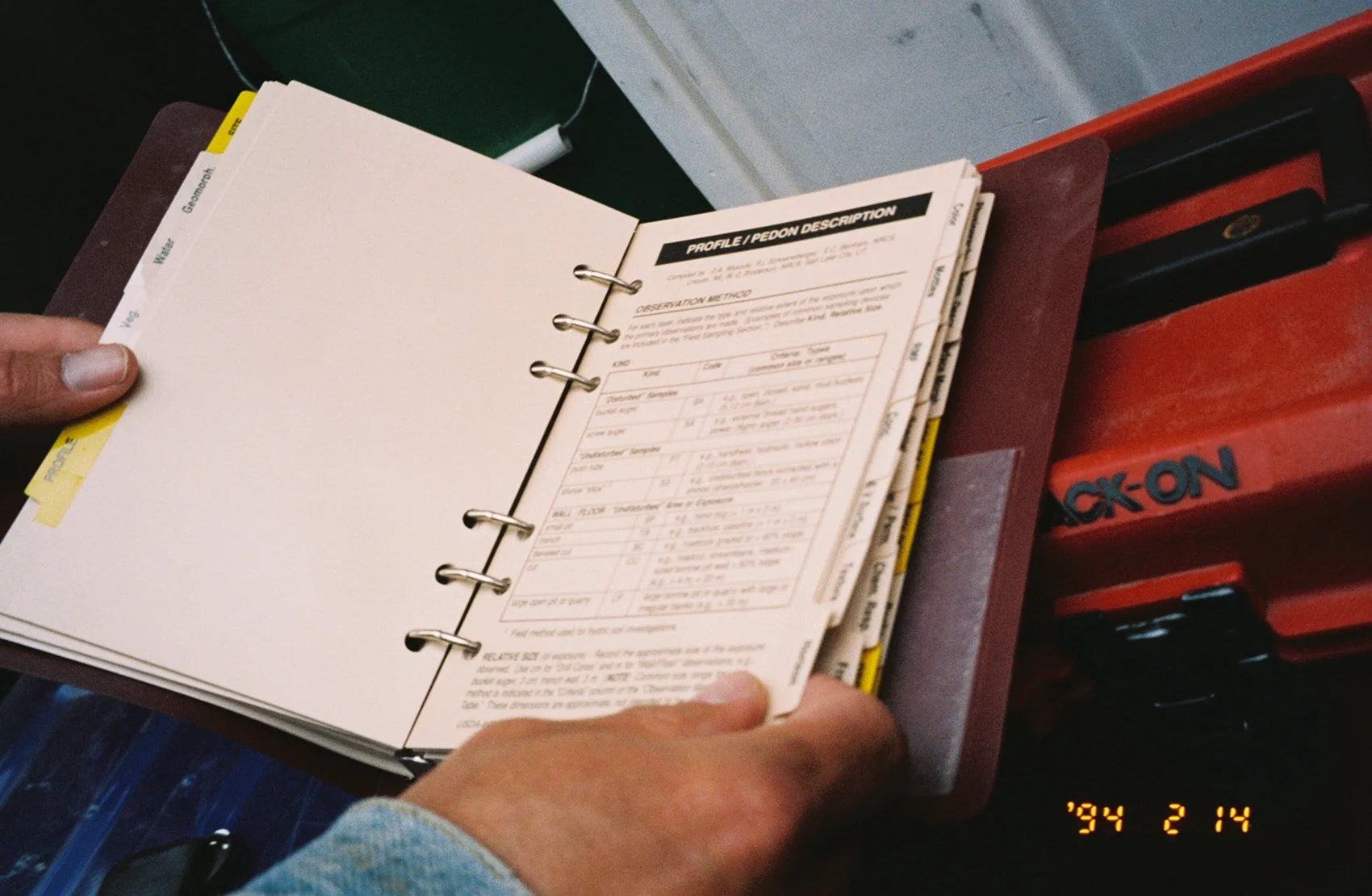Do I Need a Will?
Do I need a Will?
A look at the transfer of property of a deceased person
Overview
Some of us ask, “Do I need a Will?” A qualified estate planning attorney is the person to provide the right answer, but many people avoid doing estate planning because of the perceived cost, or they just feel it’s too morbid to deal with right now. There are some pitfalls to this thinking, some of which we should look at.
Dying without a Will
Every state in the U.S has a statute of descent and distribution that I believe no one should leave themselves open to if they are competent to execute a Will. Dying intestate (without a Will) leaves the state in control and it will pass the deceased persons real and personal property to heirs, through court determination (probate), according to the statute. What does this mean in the real world? Simply, that the state decides who will get what property, in what way and in what share(s). No thinking person would want this in my opinion, but it happens all the time.
Consider the unwanted result of the court awarding someone’s loser brother the bulk of an estate because he’s the closest surviving relative. There are another million reasons why dying intestate should not happen if it can avoided. Another is that an estate in probate can take literally years to settle, whoever the court appoints as the Custodian will hate you forever.
Then why does it happen?
The closest that I come to knowing anything about psychology is having taken Psych. 101 in college, but I do have an opinion. Some people simply do not like to talk about dying or plan for it in advance. Some folks hold the position that they don’t really “have that much”, or they have a smart son or daughter that will “figure it out when the time comes”. But, if for no other reason, we wouldn’t want our intended heirs to have legal problems after our death and then visit our grave to spit on it because we didn’t plan ahead, leaving them in limbo with the court.
Dying with a Will
Dying with a Will is called testate and I believe this is the thinking persons’ way to go. Instead of the court determining the distribution and the order of descent of my assets, I get to. Probate might be avoided entirely, if allowable by state law and legally provided for in my Will. The estate executor files a petition with the court to determine if the Will is valid. If so ruled, my executor can execute my directives along with any further legal instructions the court may have, free of additional interference.
There are other good reasons to have a current Will that have to do with families and the future relationships of the survivors, whether they are designated heirs or not. If the deceased person has personally directed the division and distribution of his/her assets through a Will, the personal intent of that person is actually known, then followed, even if the survivors don’t agree with it. I would rather be remembered as a guy that made my own decisions, even if some don’t agree with them, than the guy who never got around to creating a Will in the first place and now the court is in charge.
Keeping a Will current
Keeping an up-to-date Will by using an estate planning attorney avoids problems of unintentional negligence, confusion, or failure to comply with current laws. They know the laws, the format required for a valid Will and the proper legal language to make it stick.
Examples:
1. The guy that faced his inevitable death and executed a Will 30 years ago. He dies without ever updating it and the court determines that provisions in his Will do not comply with current law. Result: The Will, or provisions in it, could be judged to be invalid.
2. The young man or woman that started with a simple Will. They quickly climbed the meteoric ladder of financial success, acquiring vested stock options, a pension, a stock portfolio, substantial cash, a home, maybe other real estate. Then, at the ripe old age of 35, the head on car wreck happens. Result: that simple Will may not cut it with all those complex assets.
3. This person is old school: she writes a handwritten (holographic) Will in plain language, signs it along with two witnesses (now deceased) and her Will does not have a stamped Notary Public Seal. Her intent and meanings are clear to her, but not the court, plus no witness is alive to vouch for her. Result: the court could rule her Will to be invalid for not being legally executed and/or not written to be legally compliant with the state statute.
4. Divorce – Yikes – The old “married” Will is never updated after the divorce. Now, the ex wants his or her cut. You figure the rest out.
Being an executor
I was an executor for a large estate and had to deal with heirs in the real world in real time. I was very lucky in that there were no disagreements amongst them about the division of assets, but the estate had significant real estate holdings that were being subdivided and developed for eventual sale. It took years to finish them and as executor I had to do a lot of answering of the big question: “When will I get my money”? That’s what they always want to know in my experience.
I was fortunate that the decedent had involved me in his estate planning long before his death, so I knew the responsibility I was accepting and had substantial input on the drafting from an executor’s point of view. My personal belief is that a designated executor in a Will should not see it for the first time after the person dies. They should be actively involved from the initial planning stages to completion.
What’s the point?
It’s this: I believe every person who is legally competent to execute a Will should do so, regardless of the size of their estate. No excuses for the disquieting fear of dealing with death issues and no excuses for laziness. A qualified estate planning attorney should be involved from the initial planning stages up to final execution. He/she should also advise on how often the Will should be reviewed so that it stays up-to-date with applicable laws, any changes in estate assets, changes in marital status, etc. It’s also my policy to use the insight of a CPA to advise on taxable issues for the estate during this process.
(Notice and Disclaimer: I am not an attorney, CPA or Enrolled Agent and I am not providing legal or tax advice. A qualified estate planning attorney and CPA are the only professionals I know of that can properly advise on an estate plan, Will and related tax issues).






